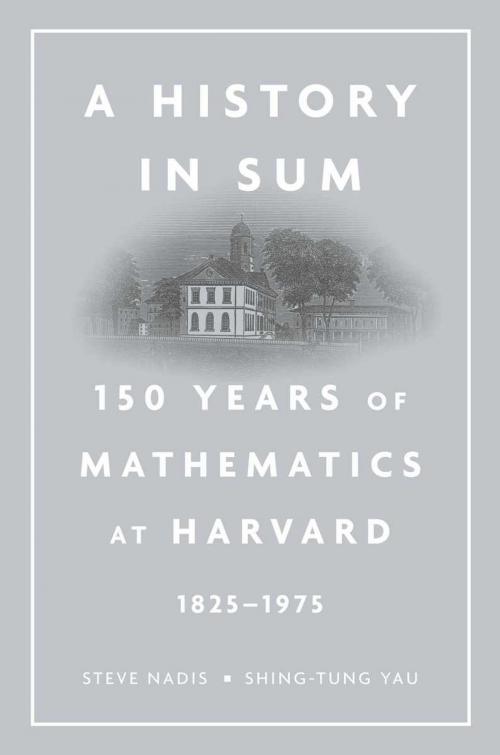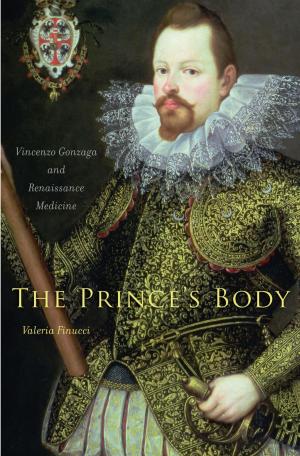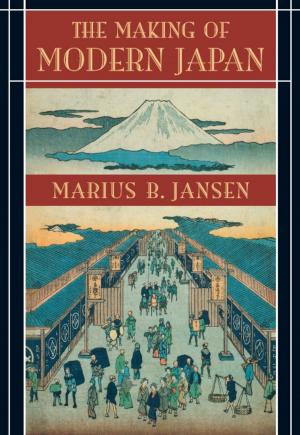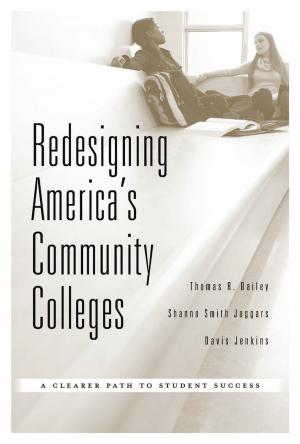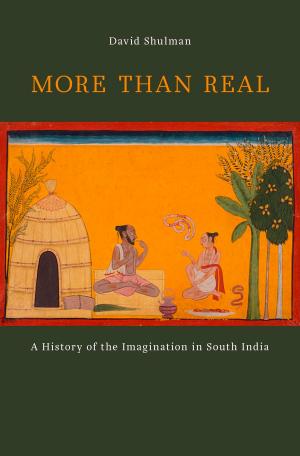A History in Sum
Nonfiction, Science & Nature, Mathematics, History, Reference & Language, Education & Teaching, Higher Education, Americas, United States, 19th Century| Author: | Steve Nadis | ISBN: | 9780674727892 |
| Publisher: | Harvard University Press | Publication: | November 1, 2013 |
| Imprint: | Harvard University Press | Language: | English |
| Author: | Steve Nadis |
| ISBN: | 9780674727892 |
| Publisher: | Harvard University Press |
| Publication: | November 1, 2013 |
| Imprint: | Harvard University Press |
| Language: | English |
In the twentieth century, American mathematicians began to make critical advances in a field previously dominated by Europeans. Harvard's mathematics department was at the center of these developments. A History in Sum is an inviting account of the pioneers who trailblazed a distinctly American tradition of mathematics--in algebraic geometry, complex analysis, and other esoteric subdisciplines that are rarely written about outside of journal articles or advanced textbooks. The heady mathematical concepts that emerged, and the men and women who shaped them, are described here in lively, accessible prose. The story begins in 1825, when a precocious sixteen-year-old freshman, Benjamin Peirce, arrived at the College. He would become the first American to produce original mathematics--an ambition frowned upon in an era when professors largely limited themselves to teaching. Peirce's successors transformed the math department into a world-class research center, attracting to the faculty such luminaries as George David Birkhoff. Influential figures soon flocked to Harvard, some overcoming great challenges to pursue their elected calling. A History in Sum elucidates the contributions of these extraordinary minds and makes clear why the history of the Harvard mathematics department is an essential part of the history of mathematics in America and beyond.
In the twentieth century, American mathematicians began to make critical advances in a field previously dominated by Europeans. Harvard's mathematics department was at the center of these developments. A History in Sum is an inviting account of the pioneers who trailblazed a distinctly American tradition of mathematics--in algebraic geometry, complex analysis, and other esoteric subdisciplines that are rarely written about outside of journal articles or advanced textbooks. The heady mathematical concepts that emerged, and the men and women who shaped them, are described here in lively, accessible prose. The story begins in 1825, when a precocious sixteen-year-old freshman, Benjamin Peirce, arrived at the College. He would become the first American to produce original mathematics--an ambition frowned upon in an era when professors largely limited themselves to teaching. Peirce's successors transformed the math department into a world-class research center, attracting to the faculty such luminaries as George David Birkhoff. Influential figures soon flocked to Harvard, some overcoming great challenges to pursue their elected calling. A History in Sum elucidates the contributions of these extraordinary minds and makes clear why the history of the Harvard mathematics department is an essential part of the history of mathematics in America and beyond.
